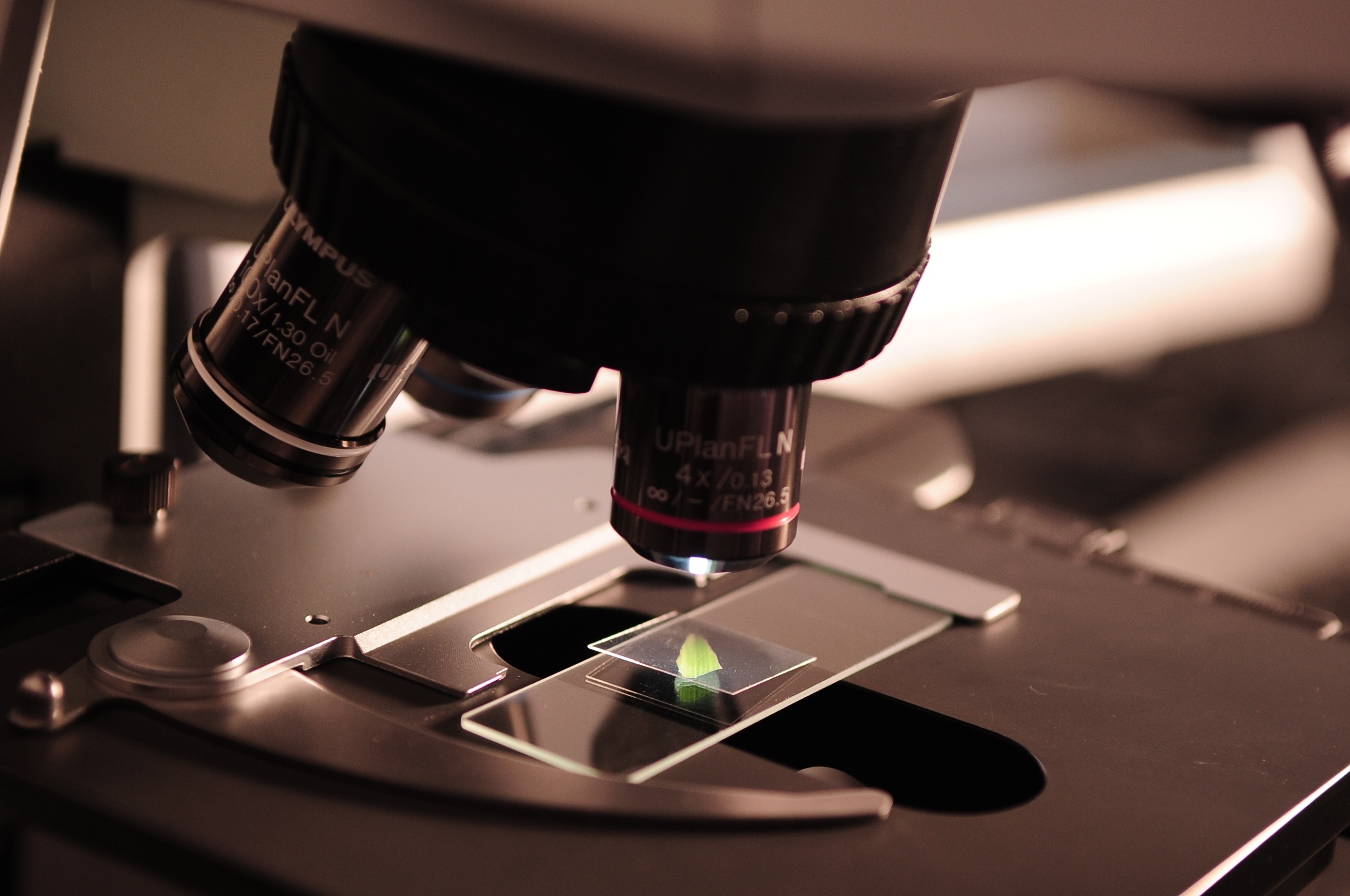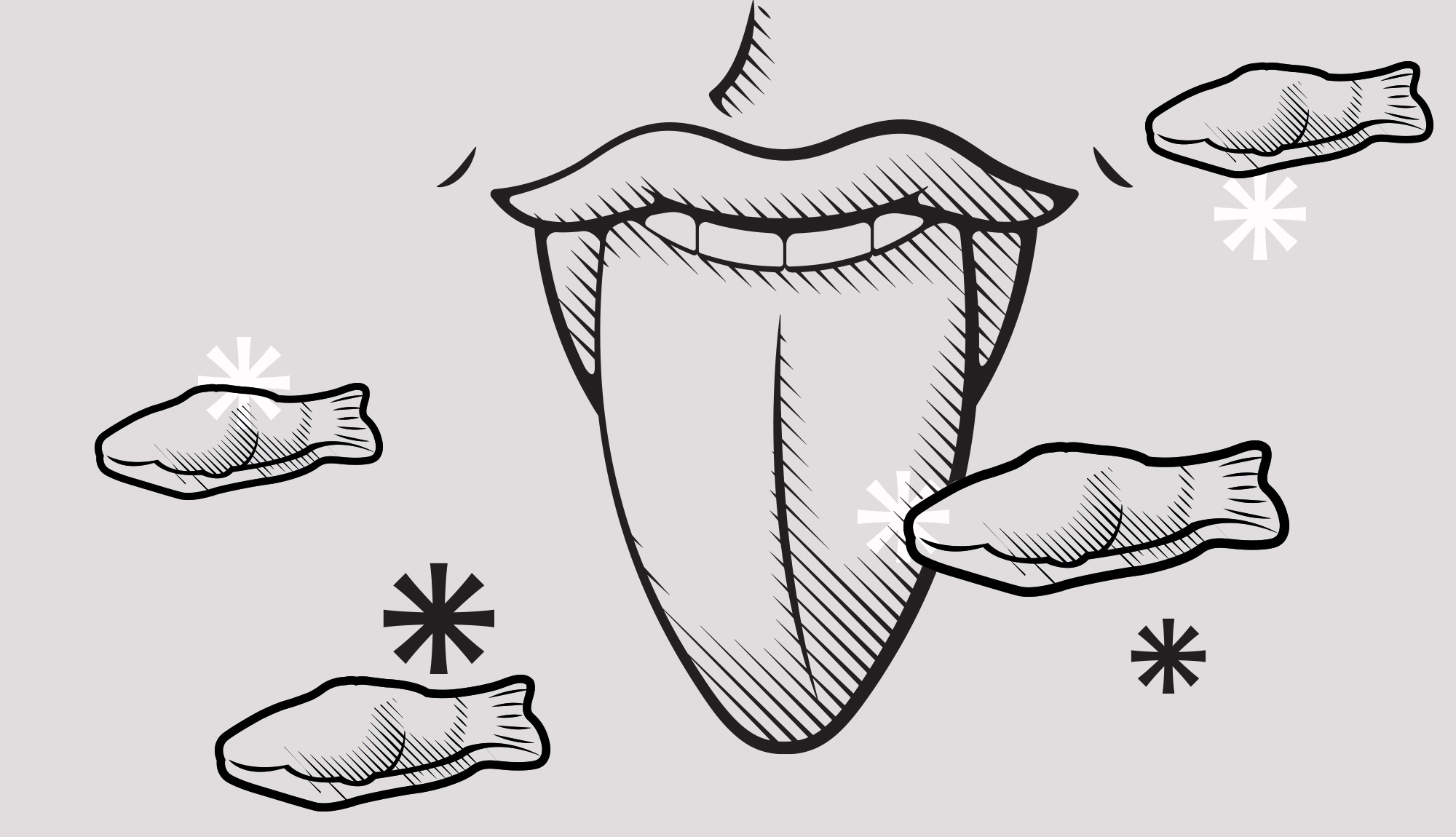Japanese scientist Kikunae Ikeda first proposed umami as a basic taste — in addition to sweet, sour, salty and bitter — in the early 1900s. About eight decades later, the scientific community officially agreed with him.
Now, scientists led by researchers at the USC Dornsife College of Letters, Arts and Sciences have evidence of a sixth basic taste.
In research published Oct. 5 in Nature Communications, USC Dornsife neuroscientist Emily Liman and her team found that the tongue responds to ammonium chloride through the same protein receptor that signals sour taste.
So, basically, ammonium chloride tastes sour if I got this right. I would not classify this in the same league as sweet, sour, salt, bitter, and umami, as it is not a separate flavor, just a new molecule that bonds.
Compare this to the thousands of different molecules considered “bitter”.
I skimmed the actual publication (the Nature Communications link in the article) and from what I saw they made no claims about a ‘new flavor,’ just explained the exact mechanism the body uses to detect it, the potential reasons animals are sensitive to it, and a taste preference test with mice.
This is probably 100% university PR department fluff. It’s a very common complaint that these departments trying to advertise and drum up prestige for the university don’t really understand the research the scientists that work there are doing, and either accidentally or intentionally misrepresent it. People in the field roll their eyes and read the paper instead of the press release, and it impresses some people who don’t know anything about it.
Thanks for saving us the time to understand it was bs.
So, Finns got it right?
https://en.biginfinland.com/salmiakki-finnish-salty-liquorice/





